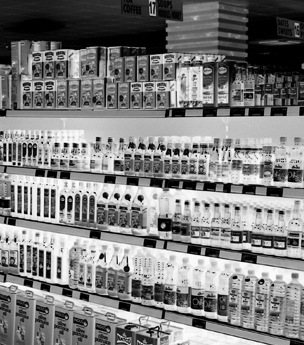Self-serve could kill loyalty
 A new study looks at the effect of self-service checkouts on customers’ loyalty.
A new study looks at the effect of self-service checkouts on customers’ loyalty.
The research from the US has found customers demonstrate greater loyalty to supermarkets when they use regular checkout services as opposed to self-checkout systems.
The study reveals insights into customer behaviour and loyalty, challenging the increasing trend of self-checkout installations across retail outlets.
Retailers, in a bid to slash costs and enhance customer satisfaction, have widely adopted self-checkout technologies.
Despite their growing popularity and the perceived benefits of speed, convenience, and cost efficiency, this comprehensive study suggests that the move towards self-service checkouts may inadvertently erode customer loyalty, particularly when shoppers purchase a significant number of items.
“Our findings indicate that self-checkout systems, despite their advantages in terms of speed, ease of use, and cost reduction, can result in lower customer loyalty compared to regular checkout systems, especially when the number of purchased items is relatively high,” says Dr Yanliu Huang.
The researchers embarked on a series of five studies involving data collection from crowdsourcing platforms and controlled experiments.
These studies ranged from surveys of recent grocery shopping experiences to hypothetical scenarios and field studies aimed at assessing the effects of self-checkout on loyalty.
One striking revelation was that the extra effort required in self-checkout scenarios often led to a decrease in store loyalty.
However, this effect could be mitigated when shoppers perceived the self-service effort as rewarding.
In one innovative approach, Huang and Nusrat's fifth study manipulated participants' perceptions by encouraging them to view the self-checkout process as an inherently rewarding activity.
“We found that when customers were encouraged to think of the extra effort involved in self-checkout as a rewarding experience, their perceived loyalty to the store was similar to those of regular checkout shoppers,” Huang said, highlighting the potential for retailers to reframe the self-checkout experience in a positive light.
The research not only sheds light on the complex dynamics of customer loyalty but also offers practical insights for retailers contemplating the role of self-checkout systems in their customer experience strategies.
By promoting a more rewarding self-checkout experience, retailers have an opportunity to maintain, if not enhance, customer loyalty amidst evolving shopping technologies.
The study is published in the Journal of Business Research.








 Print
Print